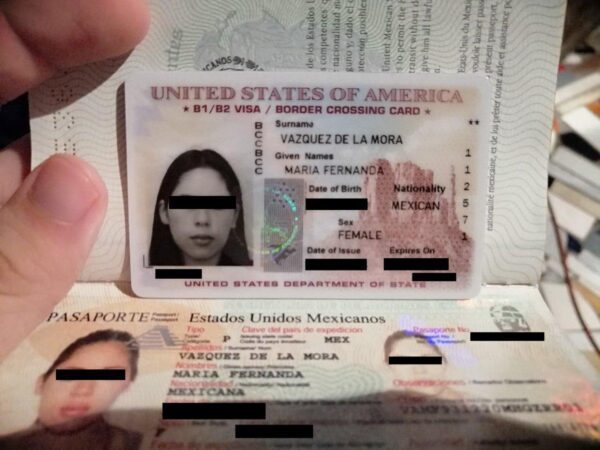Border crossing
$500.00
A collectible digital access card simulating international entry. Ideal for global readers, students, and travel enthusiasts
Understanding Border Crossings: Strategies for a Stress-Free and Easy Experience.
Border crossings can be a daunting experience, particularly for tourists who have never traveled abroad. You can transform a potentially stressful process into a seamless and controllable aspect of your journey with the correct planning and knowledge.
What to anticipate when crossing borders
When crossing borders, you must go through immigration and customs checkpoints and provide certain documents, like
• A current passport and, if necessary, a visa
• Health insurance for travelers (based on the destination)
• Evidence of future travel or lodging
To prevent needless delays or issues, it is crucial to make sure all of your documents are current and readily available when crossing borders.
Examine the requirements for each country’s borders.
Every nation has its own laws and policies regarding
to the border. Prior to your trip, spend some time reviewing import/export regulations, reviewing customs requirements, looking for any health-related measures (such as immunization records), and researching any fees or taxes that may be required at entry points.
By being prepared, you can avoid fines or being denied entry and ensure that local laws are followed.
Get ready for the immigration and customs processes.
Travelers may be required to declare goods, pay any applicable duties or fees, and respond to questions from immigration officials when crossing the border. This process can be greatly accelerated by being truthful, well-organized, and courteous.
A printed or digital copy of your travel schedule and lodging information should be on hand in case you are asked to present it.
Effectively Manage Border Crossings
Use these pointers to guarantee efficient and seamless border crossings:
Prior to departure, confirm the validity of your passport and visa.
Avoid items that are restricted or prohibited when packing; keep all travel documents in a safe location; and allow enough time between connections in case of delays.
Keep abreast of travel restrictions.
Certain border crossings may be subject to temporary restrictions or special measures due to regional regulations or world events. Constantly:
Keep abreast of entry regulations at your destination; keep an eye on official government or embassy websites; and bring additional documentation, such as proof of vaccination or COVID-19 test results, if needed.
Conclusions Regarding Border Crossings
Although crossing borders can be frightening, being informed and prepared makes all the difference. You can make crossing borders a routine part of your trip by being aware of the particular requirements of the countries you’re visiting, keeping your paperwork organized, and adhering to official procedures


Reviews
There are no reviews yet.